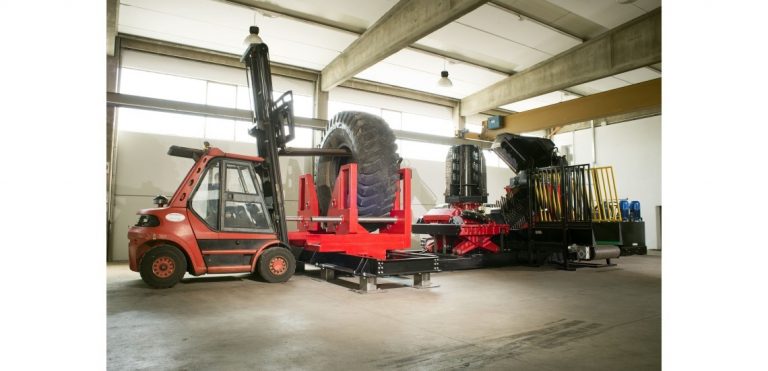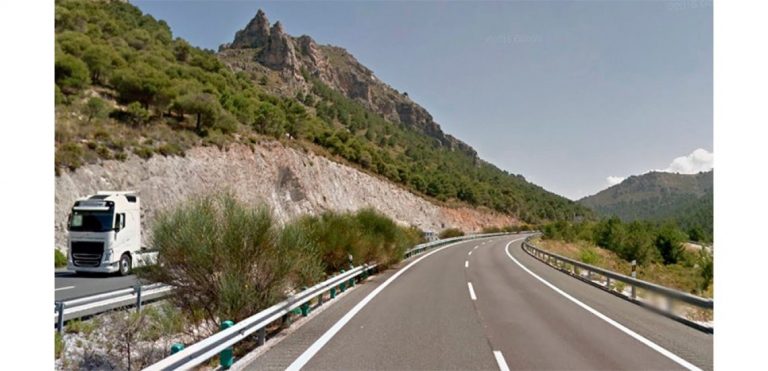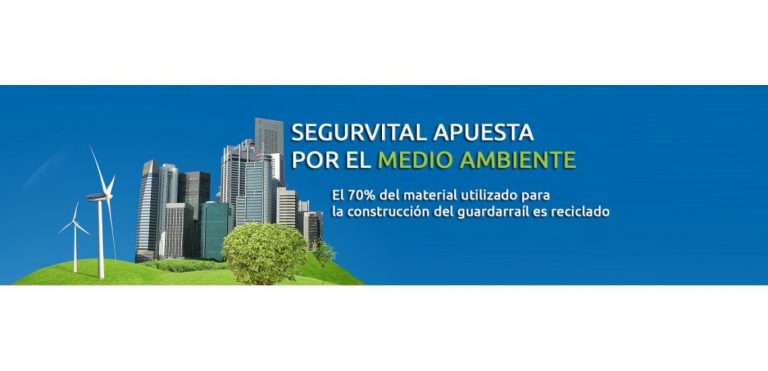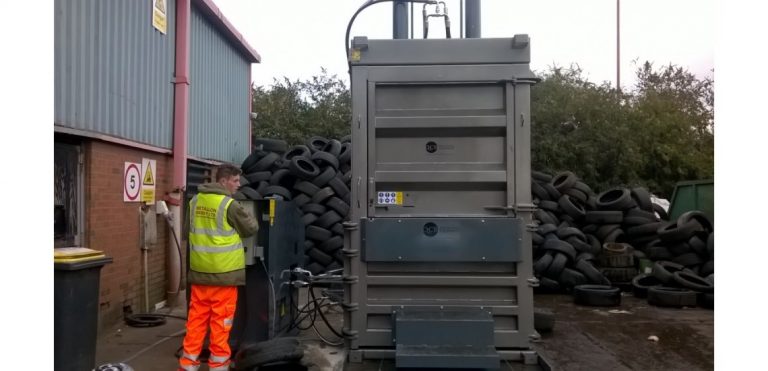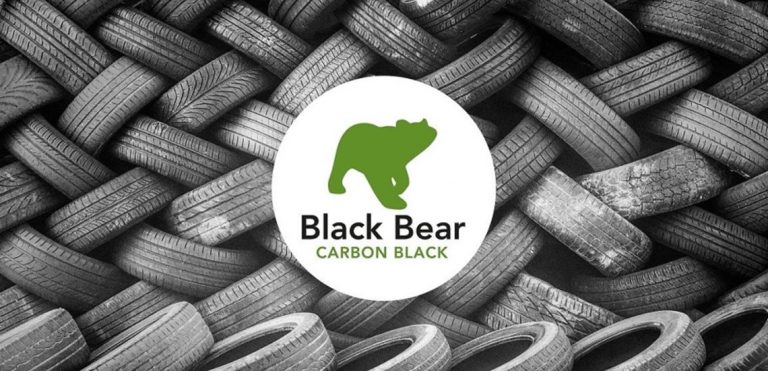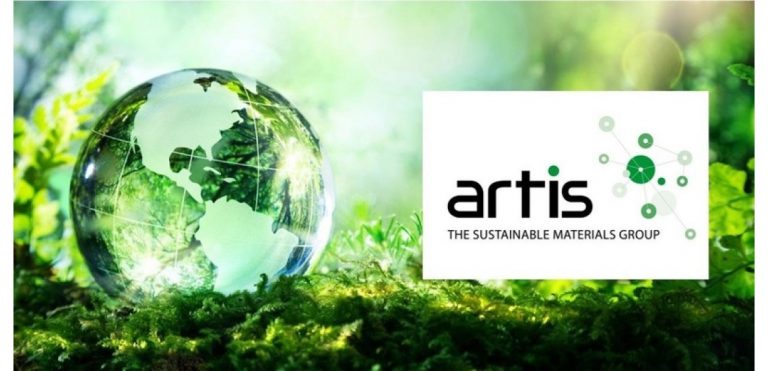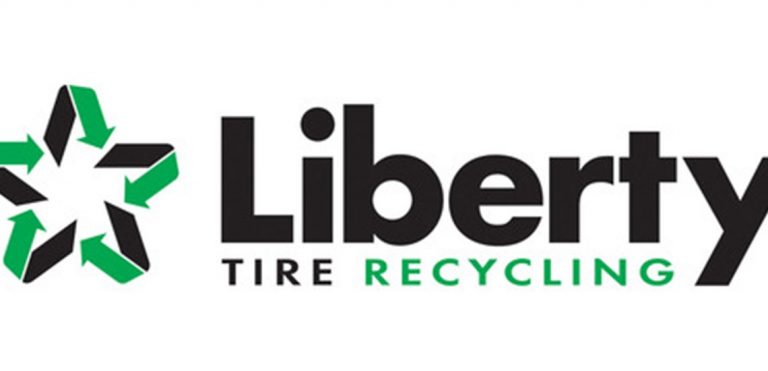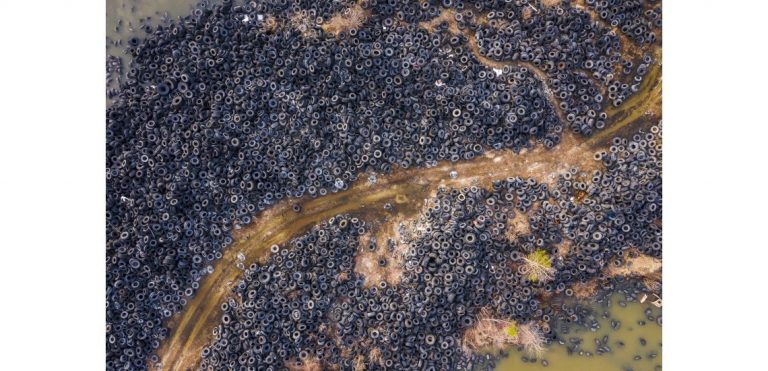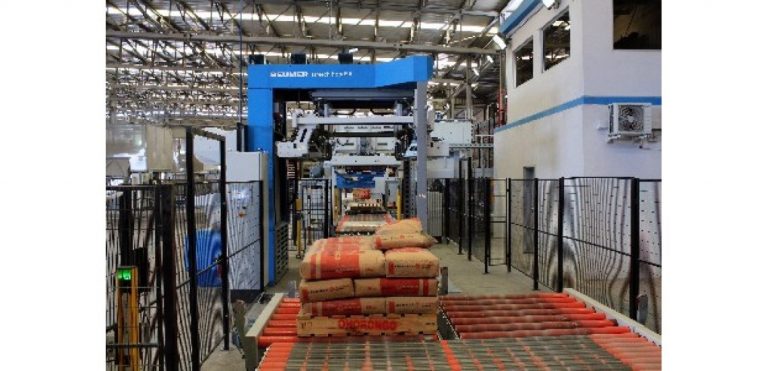Our planet has over 6,000 operating surface mines working around the clock to provide the raw materials that fuel our globe’s economic development. These mines have been operating for an average of 23 years, and 20% have been working for greater than 40 years. To operate efficiently, these surface mines utilise a wide range of equipment, such as dumpers, loaders, and other wheeled vehicles.
Salvadori Introduces New Machinery for Mines
A sample of 1,300 of the mines revealed a staggering 38,000 mining trucks in operation. This massive fleet of trucks is equipped with extra-large tyres, up to a 63” rim, which weigh up to 6 tons, and have an outside diameter of 4.1 metres. A mining dumper is typically configured with 6 wheels to tackle the demanding operating conditions, and each of these tyres has an operating life of 5 to 10 months. Once these tyres can no longer be repaired or retreaded, they require disposal. Some quick maths yields an estimated annual consumption of one million mining truck tyres, which equates to 5 million tons of material to be managed. Extending this analysis to the wide-ranging fleet of mining vehicles results in a mind-numbing eco-liability for today and future generations.
In order to address the issue Salvadori has introduced MT-REX™, a new patent-pending OTR tyre downsizing system. The MT-REX delivers considerable benefits to mines and mine service companies. Consisting of a single integrated piece of equipment, the MT-REX is both compact and mobile as well as requiring only one operator. The machine also offers a particularly fast processing time, being capable of downsizing a 63” tyre in less than one hour and consumes up to 50% less energy than an excavator equipped with a shear.
Downsizing is the first step in recycling a waste tyre, whereby the tyre is cut into multiple sections that can be processed by a traditional shredding line. Salvadori MT-REX is the world’s first fully-integrated OTR tyre downsizing machine. Following downsizing, the shredding process takes place. In the shredding step, the waste tyres are separated into components: steel, textiles and granular rubber. The third and final step is converting granular rubber into coloured and moulded products with other Salvadori equipment. These three steps of downsizing, shredding, and conversion close the loop of the circular economy and enable the transformation of waste to value.
Salvadori MT-REX is the first fully automated system capable of managing tyres up to 63” rim diameter and provides a continuous flow of clean and standardised sized tyre chunks. MT-REX can be operated by a single operator by means of a forklift … no overhead crane is necessary. Whole OTR tyres are loaded in the front-end, and pre-determined sized tyre chunks roll down the MT-REX conveyor belt.
The MT-REX completes four downsizing jobs in a single piece of equipment:
Loading
A forklift places the end-of life OTR tyre in the cradle. This cradle can safely accommodate smaller tyres with a 1.8 metre outside diameter (OD) to a large tyre’s 4.1 metre OD. In other words, virtually any OTR tyre can be loaded.
The cradle’s opening and closing movement is performed by oil hydraulic cylinders. In order to safely load the tyre, proximity sensors help the forklift operator position the OTR tyre.
Positioning
This positioning unit makes 3 movements:
– The unit’s mandrel probes the inside of the tyre and pivots 90 degrees. This places the tyre on a horizontal plane.
– The unit moves horizontally to automatically position tyres with different diameters at different distances from the cutting unit.
– Finally, the unit raises the tyre to the pre-programmed height.
These three movements place the tyre in the most-efficient cutting location based on each tyre’s unique geometry.
Then during the cutting operation, after each cut is performed, the tyre is automatically rotated by a prescribed number of degrees to prepare for the next cut.
This unit is moved by oil hydraulic cylinders. Depending on the tyre size, the positioning unit is fitted with a mandrel designed to keep the tyre in place during the cutting operation.
Three mandrels are available for varying rim dimensions;
– Small ranges from 33-35-39″ rims
– Medium ranges from 45-49-51″ rims
– Large ranges from 57-63″ rims
If future tyres exceeding 63” rim are developed, MT-REX’s™ configuration can be expanded.
Cutting
The cutting unit performs tyre downsizing with a uniquely designed 1.5 metre length blade profile operated by high pressure double effect oil hydraulic cylinders.
The cutting depth and speed are customisable based upon tyre geometry, tread dimensions and other parameters. This enables operators to select the optimum size downsized tyre chunks while maximising cutting speed.
The cutting blades have been designed to be quickly and easily removed for maintenance and replacement.
Conveying
The downsized pieces are automatically removed by an electrically operated conveyor belt. This unit can be extended and connected to an external container or to the input feed of a traditional tyre shredding line.
The integrated conveyor keeps tyres from being contaminated by foreign objects such as rocks, which could adversely affect shredding equipment.
The MT-REX is pre-programmable by PLC and a touch screen HMI management system. The PLC allows the possibility of storing a sufficient number of programmes (recipes) for the processing of different types of tyres. In addition, the MT-REX can also be operated with a radio frequency remote.
Power to the MT-REX is supplied by 400V-50Hz-3 phases + neutral + grounding.
MT-REX is powered exclusively by electrical motors. Diesel fuel is only required if an electrical generator is used. The electrical power is an environmentally sustainable (no exhaust emissions), low-cost solution. Standard energy consumption is 40kWh, which translates to a few Euros per hour of electric energy to operate the MT-REX. Even if the electrical power is supplied by a diesel generator, the fuel consumption is less than 50% of an excavator equipped with a shear.
Safety is uncompromised with the MT-REX. Fixed guards surround the cutting area, with two side gates enabling maintenance operations. These maintenance gates have an electric safety lockout feature to prohibit access during operation. Additionally, optical safety barriers protect the loading site. The system is compliant to European Machinery Directive 2006/42/EC.
Optional internet-ready webcam connection is available to remotely diagnose the system and perform routine maintenance.
Despite its weight of nearly 42 tons and a footprint of 7 X 14 metres, MT-REX is modularly configured, making relocation to an alternative site easy in only two days (one day for disassembly and one day for re-assembly).
With a processing time of less than one hour for a 63” tyre, MT-REX continuously operated can downsize more than 7,000 tyres per year and consistently feeds more than 35,000 tons per year of clean and regularly cut pieces to a traditional shredding line. All of this can be completed with only one operator who is safely located behind the gates.
Comparing the MT-REX to alternatives makes economic and safety decisions easy. For example, an excavator with a shear will burn over 210,000 litres of fuel per year and require additional equipment to move the highly irregular downsized rubber to the following process. This operation must be staffed by multiple people per shift, all who are in close proximity to the downsizing process involving multi-ton tyres.
















